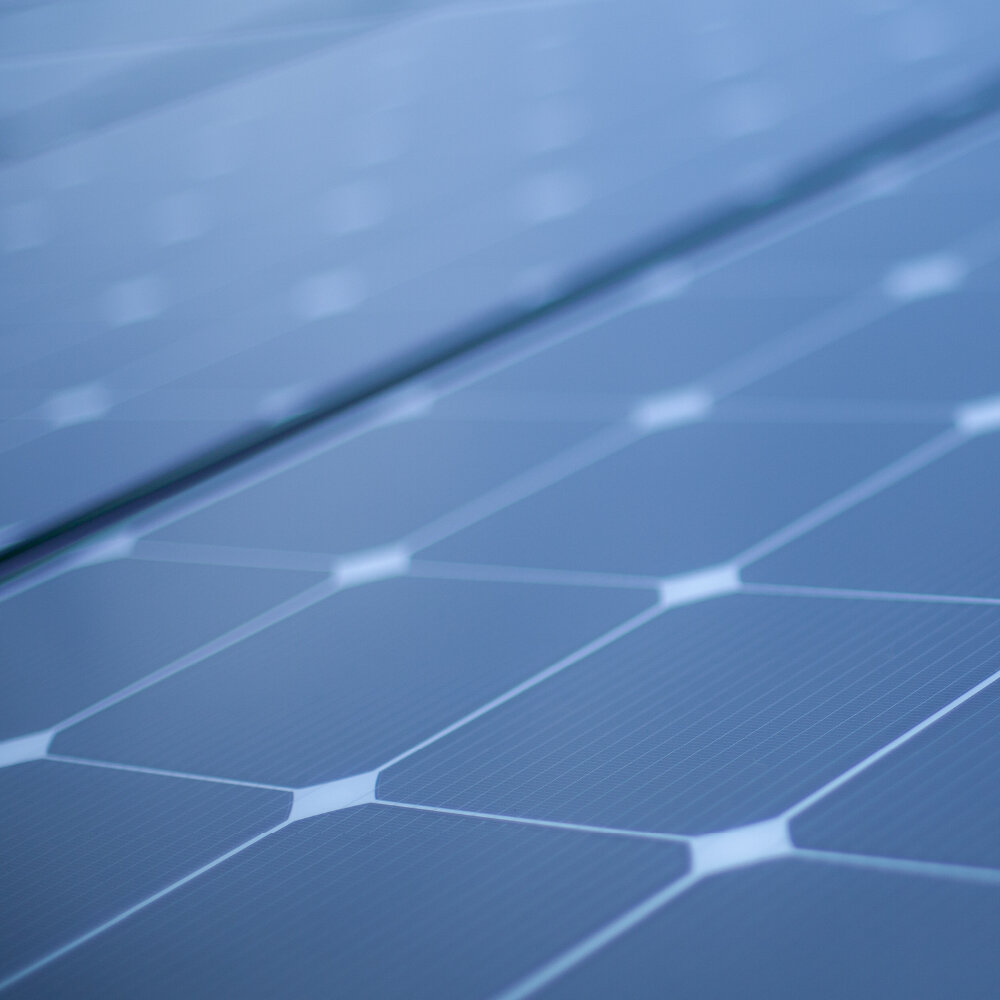Off-Grid Solar Solutions vs Hybrid Solar Backup Systems
2022-11-08 14:13:06

At last, the South African government has announced plans to amend the restrictive Schedule 2 of the Electricity Regulation Act 4, which will eliminate the time-consuming licensing procedures required for installing alternative energy sources, like solar power.
This amendment to the Act can bring immense relief to business owners across the county, particularly amid the worst energy crisis we've ever seen.
If you're a business owner who hasn't spent much time thinking about solar until now, you will likely have come across unfamiliar terminology while researching your options. We're here to shed some light on two of these terms.
Keep reading to discover the pros and cons of a hybrid solar backup system versus an off-grid setup.
What Is a Hybrid Solar Backup System?
There are three main ways to benefit from solar power:
- Grid-tied solar solutions
- Off-grid solar solutions and
- Hybrid solar backup systems.
The first two offer an all-or-nothing approach by feeding all the electricity your PV panels generate into the grid or using it to power your building exclusively.
Hybrid solar solutions represent a happy medium between these two extremes. With a hybrid solar system, your PV panels feed electricity into a battery backup system you can use to power your home or business when the sun goes down.
You can also top up your batteries with power generated by a petrol or diesel generator.
With a hybrid system, you can feed any excess electricity you generate back into the grid in exchange for a credit on your electricity bill. Eskom will credit your account at the current net-gen tariff, which amounts to 72 cents per kWh.
The exact rate applies to any electricity sent back into the grid via a grid-tied solar system.
How Does a Grid-Tied Solar Setup Work?
When you have a grid-tied solar system, you give all the electricity generated by your PV panels back to the grid and receive all your electricity from the grid.
That means you have no immunity from load shedding or power outages. The only way to ensure a constant power supply is by installing batteries and a grid-forming inverter as a backup.
With a grid-tied system, you must install an approved two-way meter to keep track of your energy usage vs the amount of electricity your PV panels feed into the grid. This system adds to the cost of your solar installation, and at the current rate, you can expect to recoup the cost of your solar system in five to seven years. You'll see a similar return on your investment when you implement a hybrid solar system.
Components of a Hybrid Solar Backup System
Since there are more parts to a hybrid solar system than a grid-tied one, you'll pay a higher upfront installation cost. These components include:
- Rooftop or ground-mounted PV panels
- A battery-based grid-tie inverter
- A charge controller
- Batteries for storage
- DC Disconnect (additional) and
- Power meter.
The more electricity you use daily, the more solar panels and batteries you'll need to service your needs. However, to save on usage, you can install energy-efficient lights, replace some appliances (like heaters or geysers) with gas equivalents, or implement intelligent technologies to help further reduce electricity consumption.
What's more, you can recoup the cost of your solar installation as a depreciative expense from your business income tax for the year you install it.
With a hybrid generator system, you can use a generator to fill in any gaps left by your solar panels and load shedding to keep your business running no matter what.
Advantages of a Hybrid/Gen System
A solar/gen energy system is by far and away the most effective way to ensure an uninterrupted power supply to your business. On cloudy days when your solar panels produce less electricity, the grid, generator, or battery backup will keep things going.
Apart from an uninterrupted power supply, these systems also offer the following benefits:
Cost Savings
You'll use less energy from the grid when you have a hybrid solar system, which means you save on costs.
Likewise, if you've been using a petrol or diesel generator as a backup during power outages, solar power will save you a lot of money on fuel costs.
Better PV Penetration
At the hottest times of the day, your solar panels may produce more electricity than you need. A battery backup system ensures this electricity doesn't go to waste.
Likewise, your PV panels might not produce enough electricity on cloudy days for your needs, and during these times, you can turn to battery backup, a generator, or the grid to keep your business productive.
Programmable Options
Innovative smart technology allows you to control your hybrid solar system via a computer and these innovations can balance the available energy sources to ensure they're being put to the best use.
The only disadvantage to a hybrid solar system is the high upfront costs. However, many financial institutions such as ours offer finance for solar installations, and your solar system will pay for itself in very little time, too.
Discover Your Perfect Solar Solution Soon
Despite being one of the countries with the most solar potential worldwide, sunny South Africa has been a little slow on the uptake when it comes to solar. That tide is finally turning though in the face of a failing national grid.
As the government ramps up its solar initiatives to comply with the terms of the Paris Agreement, we're bound to see even more policy changes that will encourage solar uptake.
Don't wait for the Powers-That-Be to decide when you should enjoy the benefits of a hybrid solar backup system. Get in touch today, and we can help you implement the ideal energy solution for your business.


